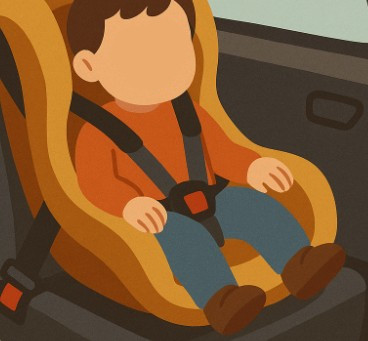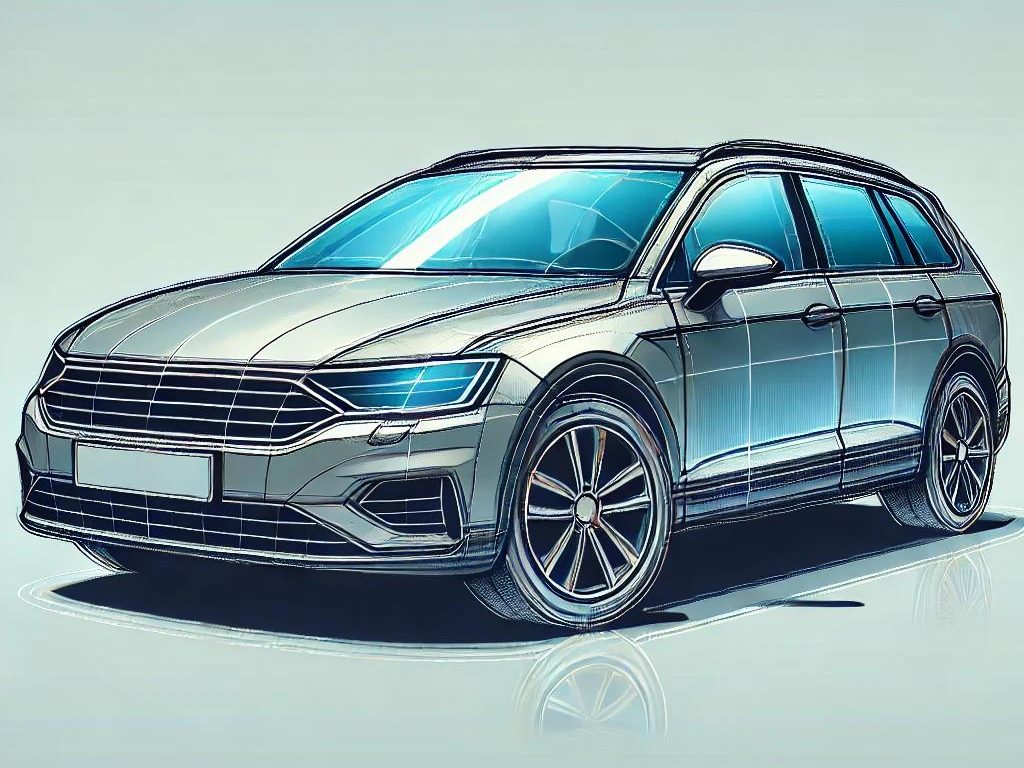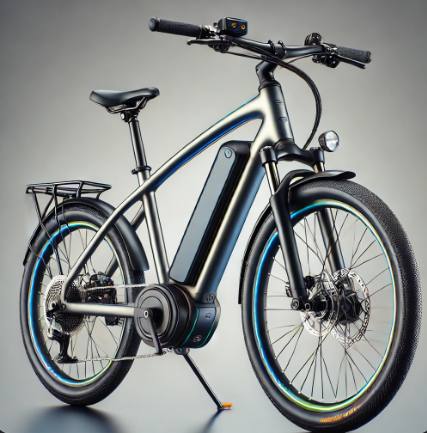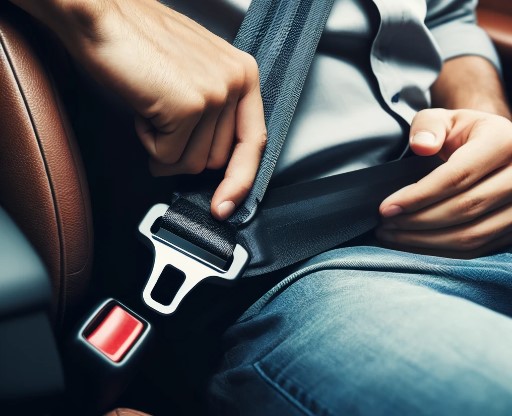China updates Standards and Certification Rules for Child Restraint Systems in Vehicles
The Chinese government has issued a new national standard, GB 27887-2024, titled “Restraint System for Child Occupants of Motor Vehicles.” This updated regulation will come into effect on July 1, 2025, and will supersede the previous version, GB 27887-2011. In alignment with the updated standard, the China Automotive Certification Center (CCAP) has published a revised set of technical implementation rules under the code CCAP-C22-03:2025, which will become effective on May 1, 2025. Restraint systems for child occupants of motor vehicles can usually receive CCAP or CQC certification to demonstrate compliance with Chinese regulations.

From the implementation date of the new rules, applicants for CCC certification of child restraint systems must follow the updated provisions. A transitional period allows certifications under either the old or new standards until July 1, 2025. After this date, all new certifications must comply with the updated GB 27887-2024 standard. Valid certificates issued under the old standard may continue temporarily but must undergo renewal or conversion by the respective deadlines—July 1, 2026, for non-built-in systems and July 1, 2027, for built-in systems. Failure to complete the transition on time may result in certificate suspension or revocation.
For more information on how CCC certification, the CCC Self-Declaration and voluntary CCAP or CQC certification may affect your company, or for more information about CCC certification in general, please visit our News Section where you will find current updates twice a week.
Please do not hesitate to contact us for further details and consultation. You can contact us via email, Chat, or call us (UK: +44 2071931135, Europe: +49 69 2713769150, US: +1 773 654-2673).
You can also check our free CCC-Brochure, which can be downloaded as a PDF file. The brochure also contains information on the CCC Self-Declaration and the voluntary CQC- and CCAP-Certification).
China introduces National Standard for Lithium-Ion Battery Coding
China’s Ministry of Industry and Information Technology (MIIT), through its Electronics Department, has officially overseen the release of a new national standard titled GB/T 45565-2025 Coding Rules for Lithium-Ion Batteries. The standard will become mandatory on 01 November 2025. This standard is registered under the technical committee 339-1 and aims to regulate the coding system used for lithium-ion batteries manufactured or sold within the country. More specifically, the new standard applies to consumer lithium-ion batteries, large power lithium-ion batteries (excluding automotive power lithium-ion batteries), small power lithium-ion batteries, and energy storage lithium-ion batteries. Other types of batteries may refer to this for guidance. Many types of batteries usually require a battery registration to be approved or import and sale in China.

The primary drafting organizations involved in the development of this standard include the China Electronics Standardization Institute, BYD Lithium Battery Co., Ltd., Sunwoda Electronic Co., Ltd., Gotion High-Tech Co., Ltd. and others.
For more information on how other Chinese product certifications like CCC certification, the CCC Self-Declaration and voluntary CCAP or CQC certification may affect your company, or for more information about CCC certification in general, please visit our News Section where you will find current updates twice a week.
Please do not hesitate to contact us for further details and consultation. You can contact us via email, Chat, or call us (UK: +44 2071931135, Europe: +49 69 2713769150, US: +1 773 654-2673).
You can also check our free CCC-Brochure, which can be downloaded as a PDF file. The brochure also contains information on the CCC Self-Declaration and the voluntary CQC- and CCAP-Certification).
Updated CCC Rules for Automotive Certification in China
The China Automotive Certification Center Co., Ltd. (CCAP) has issued the fifth revision of the “Implementation Rules for Compulsory Product Certification for Automobiles” (CCAP-C11-01:2020), aligning with the TC11-2024-02 technical resolution and updated national standards. This revision modifies the certification basis and type test items for a broad range of automotive components and systems. Key updates include the incorporation of new and revised standards for areas such as energy consumption labeling, vehicle safety devices, battery systems, external vehicle features, and electric charging infrastructure. The changes affect test items listed in multiple annexes, including new provisions for school bus seats, drive motors, hydrogen systems, seat belts, reflective devices, fuel consumption limits, and lighting equipment. The production consistency control plan and requirements for enterprise testing resources have also been amended. Many automotive products usually require CCC certification in order to be approved for import and sale in China.

The updated rules took effect immediately upon release on February 21, 2025. Automotive product certifications from that date onward must comply with the new version. Certificates issued under previous versions remain valid during a transitional period managed through renewals, annual inspections, and other procedural updates. Certifications not converted within three months after the designated timeline may face suspension or revocation. Designated laboratories are instructed to update and file their technical capabilities and testing fees as per CNCA requirements. The revised implementation rules and supporting documents are available in the published annexes.
For more information on how CCC certification, the CCC Self-Declaration and voluntary CCAP or CQC certification may affect your company, or for more information about CCC certification in general, please visit our News Section where you will find current updates twice a week.
Please do not hesitate to contact us for further details and consultation. You can contact us via email, Chat, or call us (UK: +44 2071931135, Europe: +49 69 2713769150, US: +1 773 654-2673).
You can also check our free CCC-Brochure, which can be downloaded as a PDF file. The brochure also contains information on the CCC Self-Declaration and the voluntary CQC- and CCAP-Certification).
Revised CCC Certification Rules for Electric Bicycles coming into Effect
In order to improve the management of CCC certification of electric bicycles, the Chinese certification authority CNCA has revised the relevant regulations and issued the new “Implementation Rules for Mandatory Product Certification of Electric Bicycles” (CNCA-C11-16:2025). These new provisions will come into effect from the date of issue. The competent notified certification bodies are required to formulate their own implementing rules that comply with the revised requirements as well as the general certification provisions and to submit them to the CNCA for approval before issuing new certificates. Electric bikes usually require CCC certification to be approved for import and sale in China.

Certificates issued on the basis of the previous regulations will continue to be valid. The changeover to the new certification requirements takes place automatically as part of regular measures such as standard updates, product changes or regular renewals. The announcement was officially published by the CNCA on April 18, 2025.
For more information on how CCC certification, the CCC Self-Declaration and voluntary CCAP or CQC certification may affect your company, or for more information about CCC certification in general, please visit our News Section where you will find current updates twice a week.
Please do not hesitate to contact us for further details and consultation. You can contact us via email, Chat, or call us (UK: +44 2071931135, Europe: +49 69 2713769150, US: +1 773 654-2673).
You can also check our free CCC-Brochure, which can be downloaded as a PDF file. The brochure also contains information on the CCC Self-Declaration and the voluntary CQC- and CCAP-Certification).
Revised CCAP Certification Rules for Seat Belts in Line with GB 14166-2024
China Automotive Certification Center Co., Ltd. (CCAP) has issued revised implementation rules for the CCAP mark certification of automobile seat belts under document CCAP-GZ-5810:2025. This revision aligns certification processes with the new national standard GB 14166-2024, “Seat belts and restraint systems for motor vehicle occupants,” which comes into effect on July 1, 2025, replacing GB 14166-2013. Key updates in the new rules include revisions to the certification basis, redefinition of certification units, modified requirements for key components and raw materials, updated factory inspection schedules, and changes to certification renewal processes. Seat Belts can obtain CCAP mark certification in order to be approved for import and sale in China.

Under the new requirements, clients may voluntarily choose to certify using either the 2013 or 2024 standard prior to the latter’s enforcement date. Post-July 2025, certification must comply with the new standard. Existing certificates based on the 2013 standard remain valid but must be transitioned to the updated framework through renewal or extension. Non-updated certificates will be suspended starting July 1, 2026, and may be revoked if not updated within three months. Designated laboratories are required to submit updated testing capabilities and technical data per CNCA directives, and to report testing fees to CCAP accordingly.
For more information on how CCC certification, the CCC Self-Declaration and voluntary CCAP or CQC certification may affect your company, or for more information about CCC certification in general, please visit our News Section where you will find current updates twice a week.
Please do not hesitate to contact us for further details and consultation. You can contact us via email, Chat, or call us (UK: +44 2071931135, Europe: +49 69 2713769150, US: +1 773 654-2673).
You can also check our free CCC-Brochure, which can be downloaded as a PDF file. The brochure also contains information on the CCC Self-Declaration and the voluntary CQC- and CCAP-Certification).



